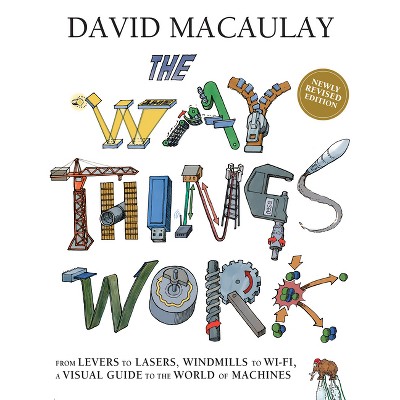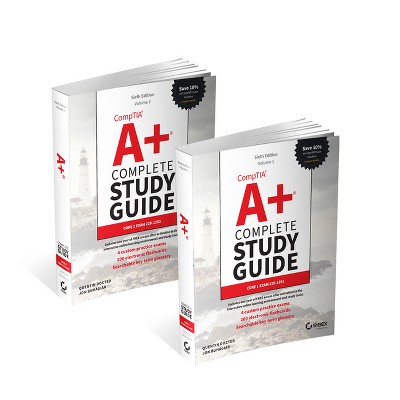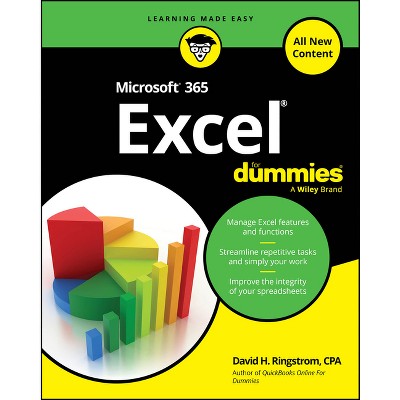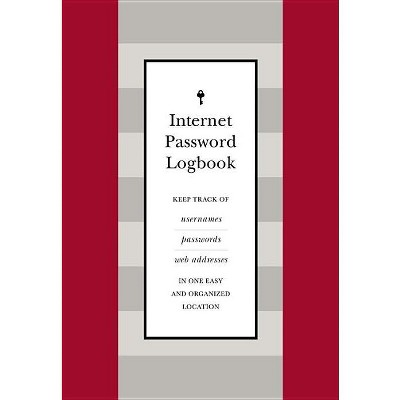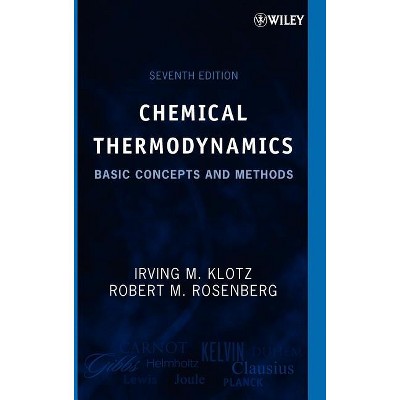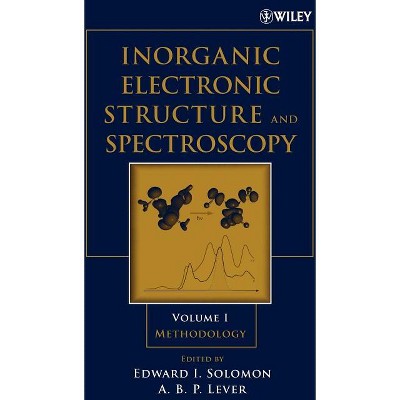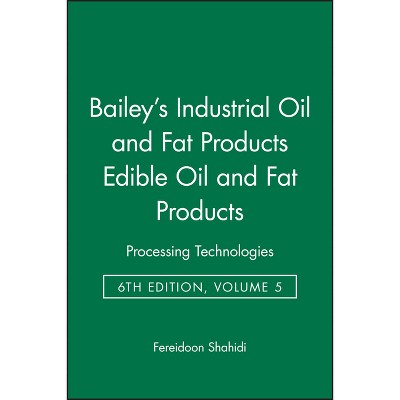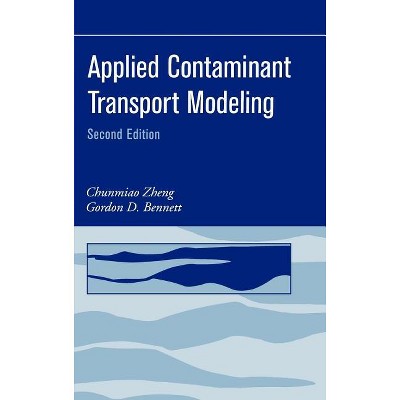Sponsored

Beyond Equilibrium Thermodynamics - by Hans Christian Öttinger (Hardcover)
In Stock
Sponsored
About this item
Highlights
- Beyond Equilibrium Thermodynamics fills a niche in the market by providing a comprehensive introduction to a new, emerging topic in the field.
- About the Author: HANS CHRISTIAN ÖTTINGER is Professor of Polymer Physics and a former chairman of the materials science department at the ETH Zurich (Swiss Federal Institute of Technology).
- 656 Pages
- Technology, Chemical & Biochemical
Description
Book Synopsis
Beyond Equilibrium Thermodynamics fills a niche in the market by providing a comprehensive introduction to a new, emerging topic in the field. The importance of non-equilibrium thermodynamics is addressed in order to fully understand how a system works, whether it is in a biological system like the brain or a system that develops plastic. In order to fully grasp the subject, the book clearly explains the physical concepts and mathematics involved, as well as presenting problems and solutions; over 200 exercises and answers are included. Engineers, scientists, and applied mathematicians can all use the book to address their problems in modelling, calculating, and understanding dynamic responses of materials.From the Back Cover
A comprehensive introduction to the emerging field of nonequilibrium thermodynamicsNonequilibrium thermodynamics has emerged as a promising new field of study dealing with irreversible processes in matter, and is fundamental to understanding these systems on a wide range of length scales, including the micro- or nanoscopic level. Many of the most cutting-edge technological applications within this field require a fully nonlinear framework far from equilibrium. To create a unified framework that accommodates such needs, author Hans Christian ִtinger presents a new paradigm--beyond equilibrium thermodynamics.
In addition to being based on the latest developments, Beyond Equilibrium Thermodynamics is itself a significant development in the field. This groundbreaking text presents the first comprehensive approach to thermodynamics and statistical methods far from equilibrium. It clearly explains physical concepts, describes mathematics, and presents problems and solutions. In defining the new paradigm of beyond equilibrium thermodynamics, this book has the potential for opening a new field in the study of irreversible processes.
The text features:
- A presentation based on a unified framework
- A comprehensive list of applications of nonequilibrium thermodynamics
- An introduction to simulation techniques--a key to future applications
- Systematic classification of beyond equilibrium simulation techniques
- Guidance in anticipating the logical structure of results before actually deriving them
- Inclusion of a covariant version of the thermodynamic framework for relativistic applications
- More than 200 exercises with detailed solutions
- Careful referencing, including section or page numbers
Suitable for use as a graduate-level teaching tool or a reference for working scientists, Beyond Equilibrium Thermodynamics provides a concrete understanding of what had previously been a largely abstract field.
Review Quotes
"This book would...serve graduate students in engineering and scientists working in the this field." (Materials and Manufacturing Processes, May 2006)
"It is really very fortunate that Hans Christian Öttinger...one of the prominent researchers in the field...[has] produced the present book. I am convinced that it will be of use for many readers and will have a big impact on future developments in the field." (Applied Rheology, Volume 15, Issue 2, 2005)
About the Author
HANS CHRISTIAN ÖTTINGER is Professor of Polymer Physics and a former chairman of the materials science department at the ETH Zurich (Swiss Federal Institute of Technology). He has over two decades experience as a teacher and researcher in physics and polymer science. In addition, he holds memberships in the American, British, and German Societies of Rheology, the German Physical Society, and the Swiss Rheology and Polymer Groups. He also serves on the editorial boards for Applied Rheology, Journal of Rheology, and Multiscale Modeling and Simulation.Shipping details
Return details
Trending Computers & Technology Books

